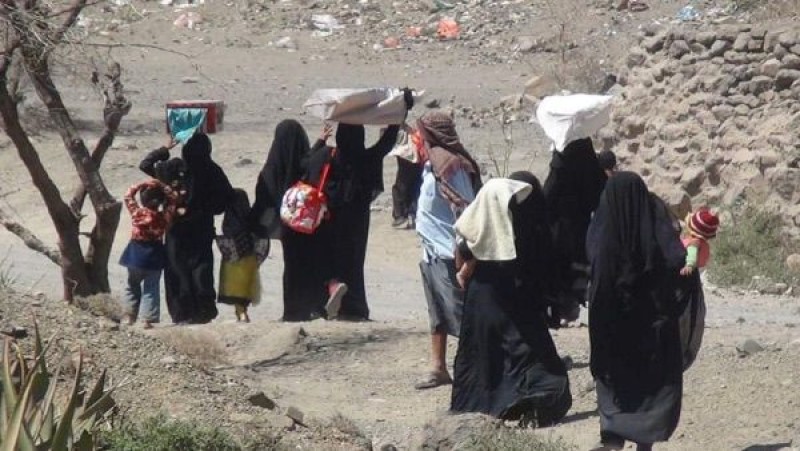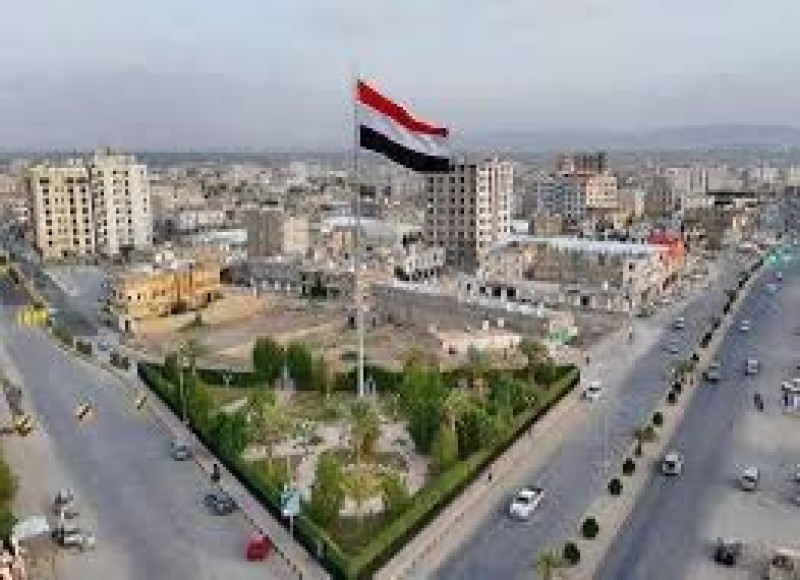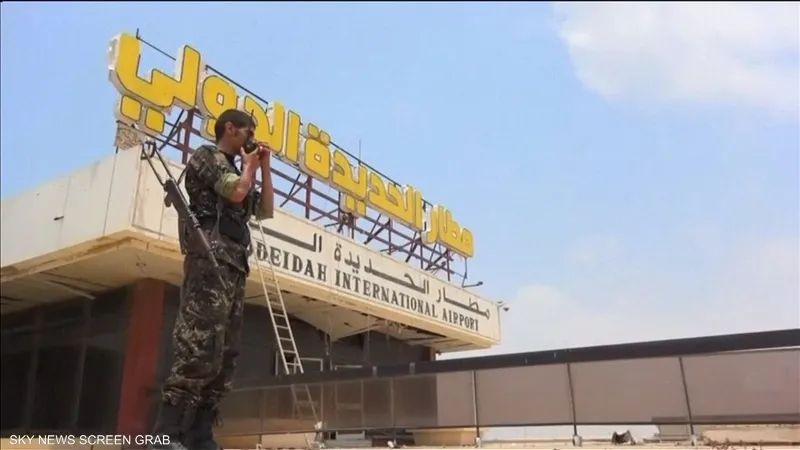Saudi project clears 737 Houthi mines in Yemen in a week


Project Masam, a Saudi initiative to clear land mines in Yemen, in the second week of December dismantled 737 mines planted by the Iran-backed Houthi militia.
Overseen by the Saudi aid agency KSrelief, the project’s special teams destroyed 611 unexploded ordnance, 116 anti-tank mines, eight anti-personnel mines and two explosive devices.
The devices, which were planted indiscriminately by the Houthis across Yemen, posed a significant threat to the lives of innocent people, including children, women and the elderly.
Project Masam is one of several initiatives undertaken by Saudi Arabia on the orders of King Salman to help the Yemeni people, clearing routes for humanitarian aid to reach the country’s citizens.
The demining operations took place in Marib, Aden, Jouf, Shabwa, Taiz, Hodeidah, Lahij, Sanaa, Al-Bayda, Al-Dhale and Saada.
A total of 425,264 mines have been cleared since the start of the initiative in 2018, according to Ousama Al-Gosaibi, the project’s managing director.
These include 268,569 items of unexploded ordnance, 142,339 anti-tank mines, 7,923 improvised explosive devices and 6,433 anti-personnel mines.
The project trains local demining engineers and provides them with modern equipment. It also offers support to Yemenis injured by the devices.
Up to 5 million people are estimated to have been forced to flee their homes since the beginning of the conflict in Yemen, many of them displaced by the presence of mines on their land.
Masam teams are tasked with clearing areas as an immediate humanitarian priority. They clear areas such as villages, roads and schools to facilitate the safe movement of civilians and the delivery of humanitarian goods and services.
The project’s contract was extended for another year in June at a cost of $33.29 million.
Recently, KSrelief humanitarian projects were presented at an exhibition at the UN’s headquarters, which ended on Sunday, and was a part of the world body’s “Humanitarian Week” held from Dec. 7-15.
Ambassadors, diplomats and representatives from humanitarian and relief organizations visited the exhibition.
There was an emphasis on initiatives in Yemen and 95 other countries. These initiatives included mine clearance through Yemen’s Project Masam and the provision of prosthetic limbs to those injured in the conflict.
Last month, KSrelief's Prosthetic Limbs and Rehabilitation Center project in Taiz Governorate provided 1,705 medical services to 461 people who had lost limbs.
Amputations on civilians have been a prominent feature of the war in Yemen, with many requiring assistance from KSrelief after suffering injuries from bomb explosions and mines.
Since its inception in 2015, KSrelief has implemented 2,670 projects worth more than $6.5 billion in 95 countries, in cooperation with 175 local, regional and international partners.
According to a report by the agency, the bulk of the support has gone to Yemen ($4.3 billion), Syria ($391 million), Palestine ($370 million) and Somalia ($227 million).
KSrelief’s programs cover food security, health, sanitation, shelter, nutrition, education, telecommunications and logistics.

Aden — The International Organization for Migration (IOM) reported that more than 24,000 people have been internally displaced in Yemen since…

MARIB — Security sources reported that police in Marib governorate have opened investigations into two separate suicide incidents that occurr…

Hodeidah — Two members of the Iranian-backed Houthi militia were killed and five others wounded in a landmine explosion near Hodeidah airport…